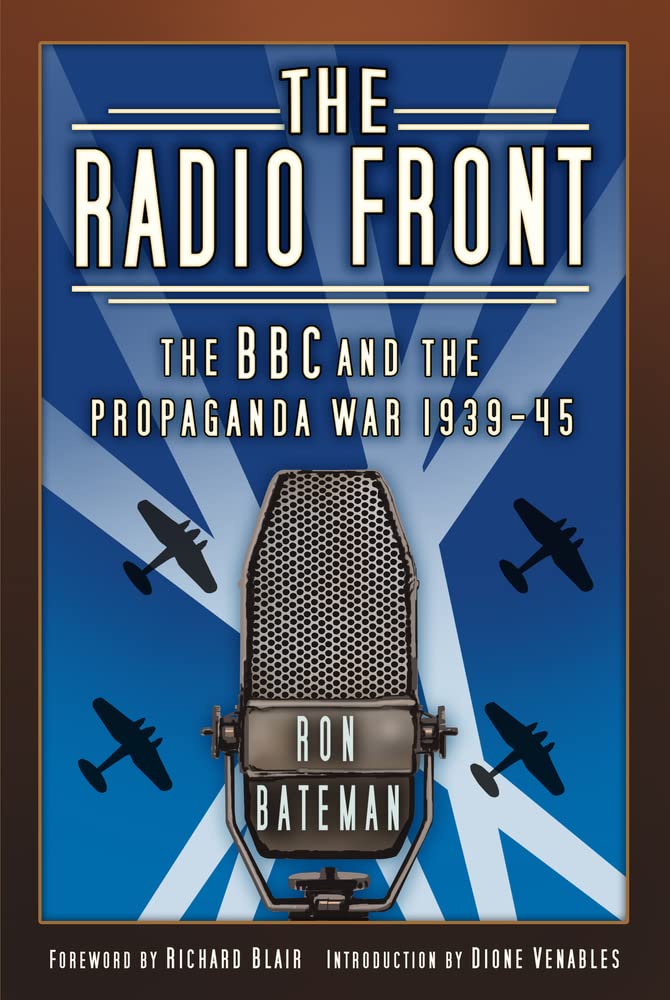

Most ebook files are in PDF format, so you can easily read them using various software such as Foxit Reader or directly on the Google Chrome browser.
Some ebook files are released by publishers in other formats such as .awz, .mobi, .epub, .fb2, etc. You may need to install specific software to read these formats on mobile/PC, such as Calibre.
Please read the tutorial at this link: https://ebookbell.com/faq
We offer FREE conversion to the popular formats you request; however, this may take some time. Therefore, right after payment, please email us, and we will try to provide the service as quickly as possible.
For some exceptional file formats or broken links (if any), please refrain from opening any disputes. Instead, email us first, and we will try to assist within a maximum of 6 hours.
EbookBell Team

5.0
18 reviewsThe fact that all of this and so much more was achieved Within 17 years of the first ever public Radio broadcast inside the UK, is in itself a clear testament to the BBCs professionalism and hard work in that period of history.
From its humble beginnings as the service broadcast out to localities throughout the Commonwealth of Nations, as well as within the UK, with what could sometimes be called tediously boring programming in those early years, the service slowly started to find its feet as a reputable source of news and entertainment. By the time of the 1930s the BBC had started to truly come into its own, as it started to cover news and other events by not only reading the news but by also interviewing people who were deemed as being newsworthy or excitingly original, and doing so in its own unique style. The BBC started to expand and grow and was soon covering things as diverse as interviewing record breaking pilot Amy Johnson after setting yet another world record in 'distant' locations or covering 'live' test match cricket matches at home, as a young Australian upstart called Donald Bradman ruthlessly and with wild abandon set about punishing English bowlers at lords cricket ground.
After the rumblings in Europe turned into a roar, the BBC world service news became even more important to those elsewhere who wanted to know what was taking place or listen to George Orwell warning of the approach of fascism after his experiences in Spain, or Martha Gellhorn's heartfelt plea to not to throw Czechoslovakia to the baying wolfs inside of Nazi Germany. After the now infamous signing of the 1938 Munich Agreement, the BBC carried Neville Chamberlain's 'peace in our time' speech out to the world. On 3 September 1939, it also carried his announcement 'that Great Britain and her empire were now at war with Germany' to the furthest corners of the globe.
During the war the Home Office in London and the BBC itself suddenly awakened to the potential wartime benefits of public radio to do more than just to inform and entertain. Behind the curtains of millions of blacked-out homes worldwide the BBC Home Service sought to keep the nation and the Commonwealth informed, upbeat and entertained no matter how grim things were. This book examines the relationship that formed over the years of the war between the BBC and the government of the day and the listener. We discover just how influential public broadcasting became in a time of National emergency and why its important role helped to maintain the English fighting spirt' right upto the end of the war.
Ron Bateman embarked on an apprenticeship with British Rail at Swindon in 1977, where he continued to work as a skilled coach-painter until the works finally shut down. Thereafter, he worked in engineering for an orthopaedic manufacturing company, before retiring in 2016. In 2011 he became a co-founder of the Orwell Society, before taking over the editorship of the Society Journal. He lives in Umbria and Swindon and this is his second published book.